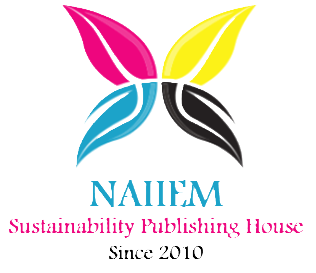-
Home
-
Blog
Blog
Publishing valuable articles—whether academic, scientific, or general—requires adhering to high standards of credibility, clarity, originality, and impact. Here are NAIIEM’s Seven Principles for Scientific Publishing to follow:
Improving the visibility and citation rate of academic articles requires strategic dissemination, SEO optimization, networking, and engagement with the academic community. Here are effective ways to achieve this:
Plagiarism is the act of using someone else’s work without proper credit, which undermines academic integrity, creativity, and professionalism. It has serious consequences in education, research, journalism, and business.
Writing a valuable academic paper requires a combination of research skills, critical thinking, and adherence to academic standards. A well-structured academic paper not only conveys information effectively but also contributes to the body of knowledge in a given field. Several key principles guide the creation of a high-quality academic paper, ensuring clarity, credibility, and impact.
In the world of academic and scientific publishing, maintaining ethical standards is crucial for ensuring the integrity and credibility of research. The Committee on Publication Ethics (COPE) plays a vital role in upholding these ethical principles by providing guidelines, best practices, and support for publishers, editors, and researchers. Paying attention to COPE is essential for maintaining transparency, academic integrity, and public trust in scholarly publications.





